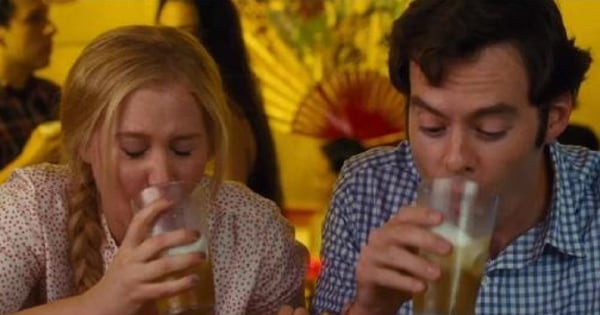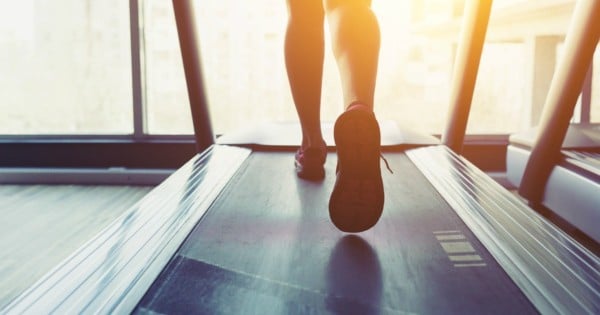
One problem is that alcohol tends to make you pee more, so it may not be very effective for rehydration and therefore could be harmful for recovery from exercise.
By Philip J Atherton, University of Nottingham and Matthew Brook, University of Nottingham
People take up running, and other types of exercise, mainly to get fit and lose weight. But there’s often a social aspect, too. After a gruelling run, some people like to retire to the pub or club house for an ice cold beer.
It can’t do any harm… can it?
If we simply look at numbers, running mainly uses the body’s carbohydrate (sugar) and fat stores to provide energy for muscle activity, with the average 70kg person burning approximately 120 calories per mile covered.
A pint of beer or lager contains about 200 calories, so modest beer consumption after a run is unlikely to lead to excessive weight gain. Still, all else being equal, the number of calories in beer means that fairly long distances have to be covered to make up for heavy consumption.
Watch: How much sugar is really in your favourite drink? Post continues after video.





























































































